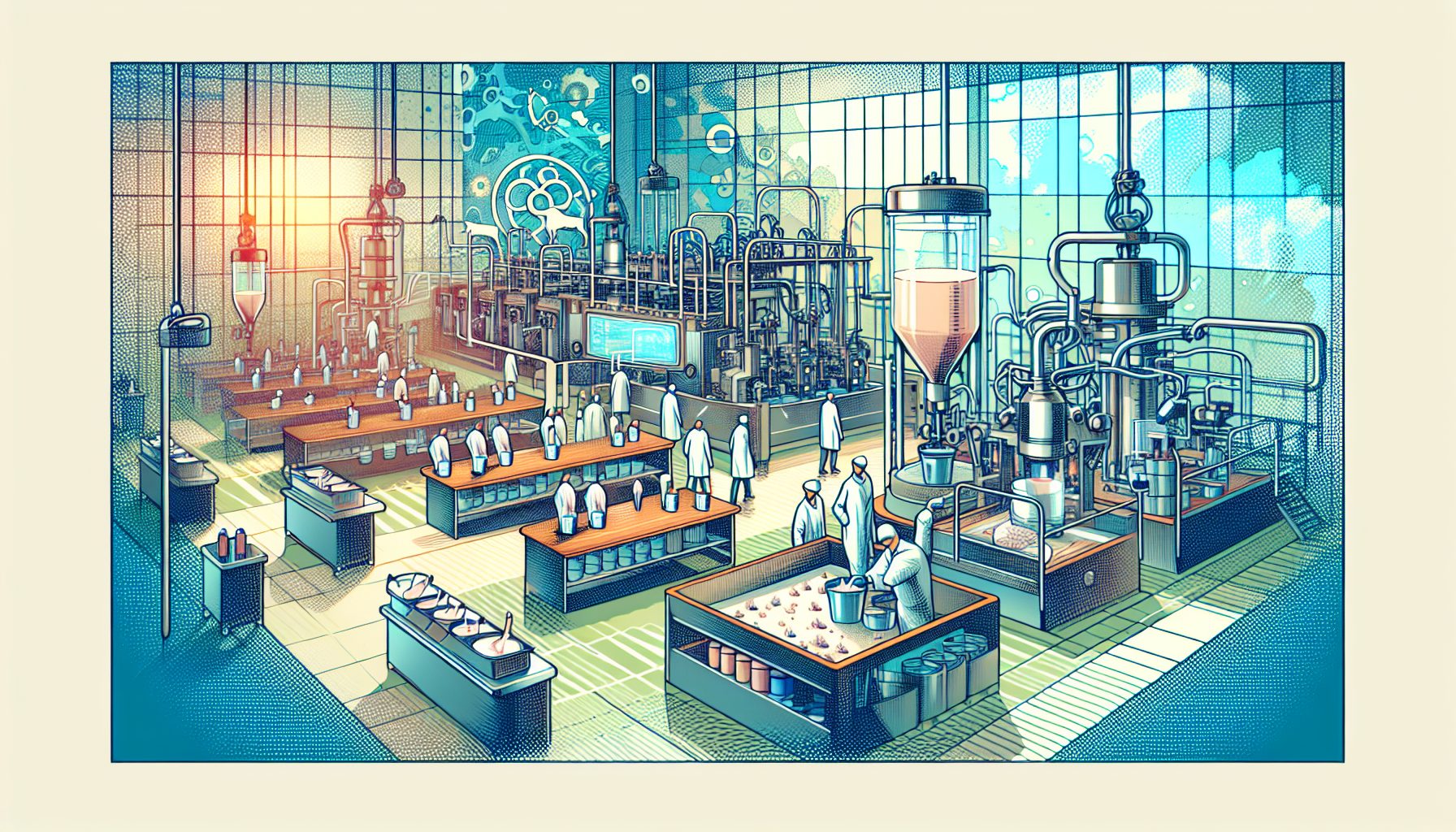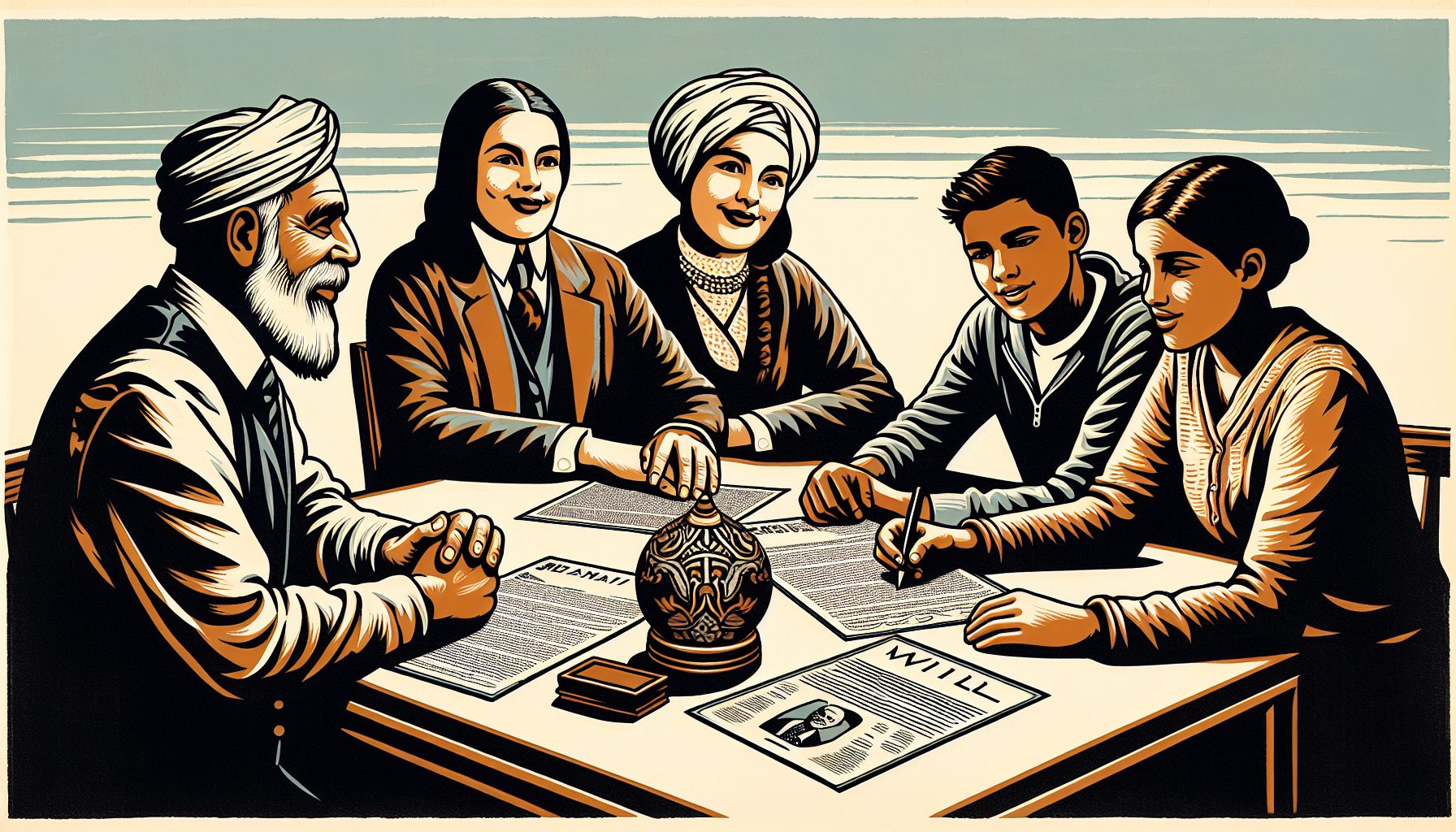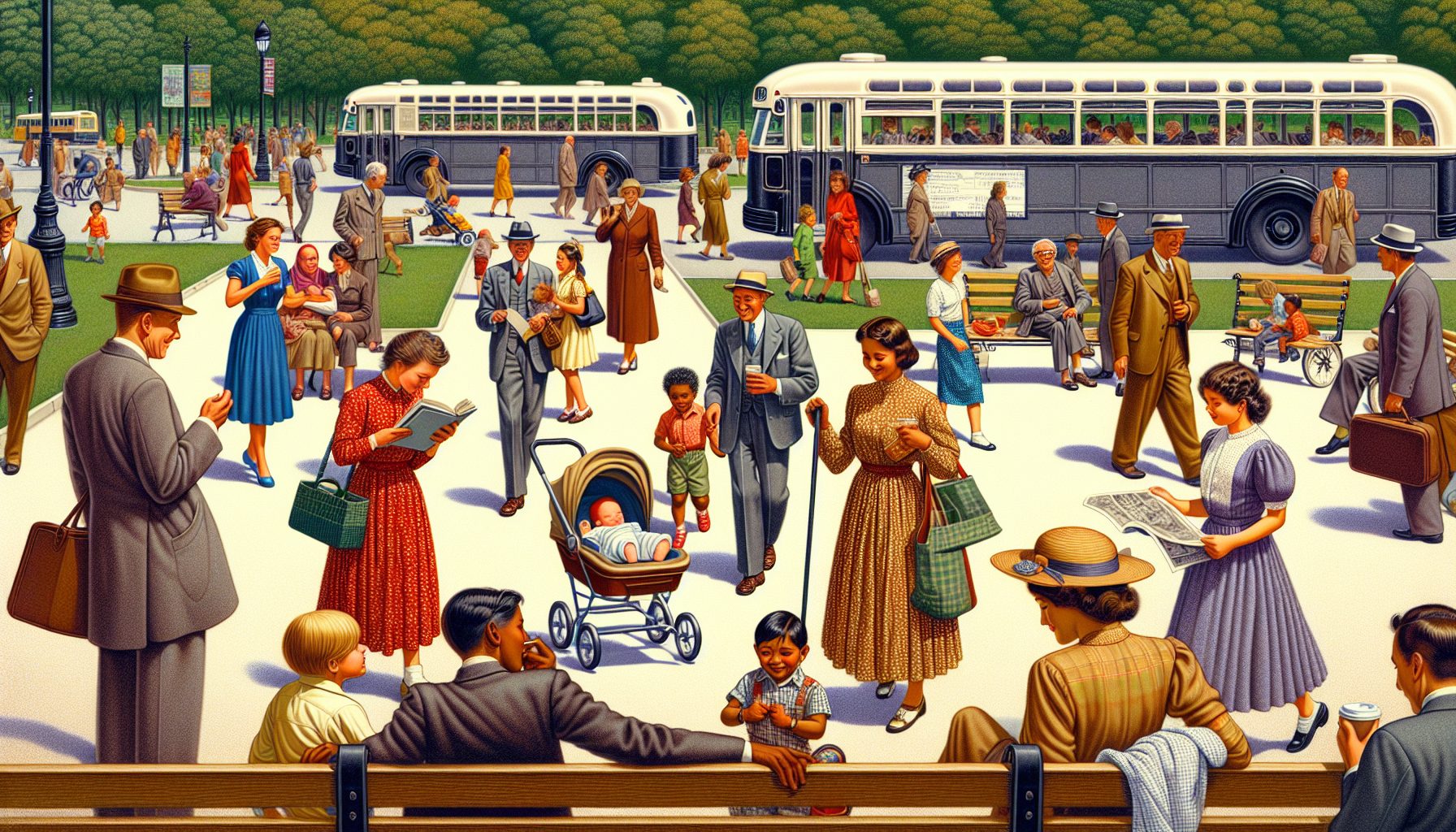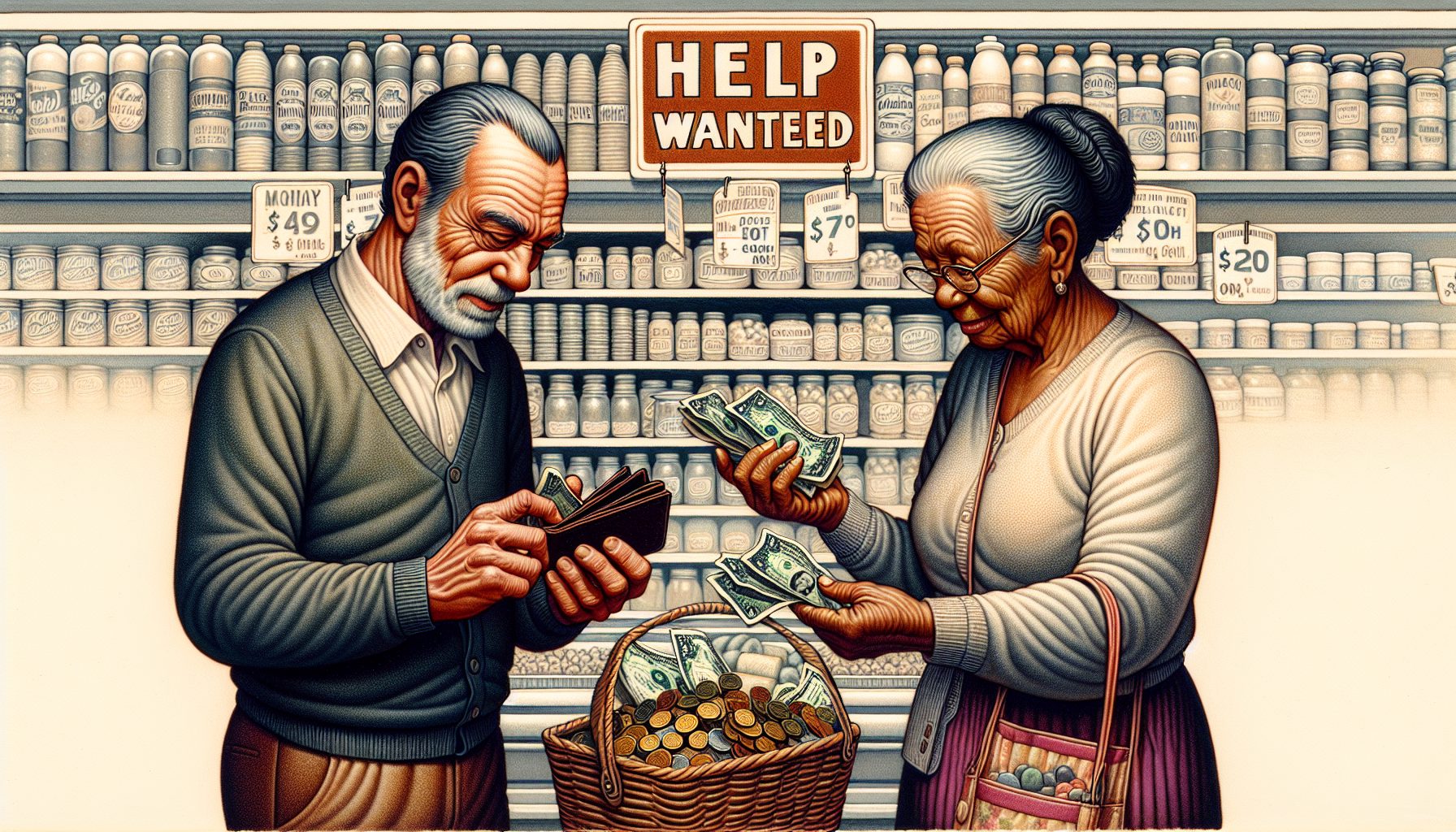“Contrary to the conventional wisdom, must companies are not in a state of crisis today.” That’s the surprising message one management guru plans to deliver at next week’s World Economic Forum meeting.
It won’t be business as usual when nearly 2,000 corporate, political, academic and media leaders convene this year for the annual meeting, which will run Jan. 31 to Feb. 4. Not only will it convene in New York, not its usual venue of Davos, Switzerland, but the discussion topics will focus on an unusual theme: fragility in the post-September 11 world.
Among the attendees: Jim O’Toole, research professor at the Center for Effective Organizations, Marshall School of Business, University of Southern California.
At the Forum meeting, O’Toole plans to discuss findings from a recent study on leadership and adversity the Center conducted in partnership with the management-consulting firm Booz Allen Hamilton. In an e-mail interview, O’Toole gave Baseline a sneak preview of some key talking points.
Baseline: In your analysis of findings from the “Leading In (And Out Of) Adversity” study, you delve into the impact of the economic environment in which leaders find themselves operating today. What are the highlights?
O’Toole: The problems most companies are facing today were not caused by the recession. Instead, the recession exposed underlying problems that had been overlooked, or considered not critical, in the euphoric times of hyper-growth when everybody was succeeding. Some companies are doing better during the recession than others, and the reason seems to be that, during past crises, they learned lessons that they institutionalized and which are now paying off for them in bad times. Intel, Nissan and IBM are examples.
Baseline: What points among your findings do you expect Davos attendees to find the most controversial?
O’Toole: Contrary to the conventional wisdom, must companies are not in a state of crisis today. Recently, Fortune magazine ran a cover story to the effect that, because businesses are today in a state of crisis, “we need leaders, not managers.” They went on to nominate (former New York mayor) Rudy Giuliani as the model of the kind of leader corporations need today. Well, t’ain’t so. Of course, every corporation at all times needs leaders, not managers. But the events of 9/11 are a misleading analogy. With the exception of a very few companies (most in the airline and high-tech industries), few corporations are in a state of crisis. In fact, Rudy is an inappropriate model for what is needed. GE is spending $100,000 to have Rudy speak to its managers about leadership. If they listen to him, my advice is to sell GE short!
Baseline: Another concept you develop is “yellow-light leadership,” a set of management techniques you suggest are best suited for a business environment that is somewhere between good “green” times and “red” times of crisis. Do you believe we are currently in a yellow-light period?
O’Toole: Going into the study, I was one of those who thought there was a single model of effective leadership, characterized by what leaders do when the green light is on. I was surprised to be found wrong. IBM’s (Chairman and CEO Lou) Gerstner, Nissan’s (President Carlos) Ghosn, and Intel’s (President and CEO Craig) Barrett were far more cerebral, analytical and strategic than my model could accommodate. At first I thought what was going on is that we are just going through an unusual “yellow-light” situation – that is, one characterized by uncertainty. But the more we studied the practices of these yellow-light leaders, the more apparent it became that the dominant model was wrong (stressing vision, values and purpose, at the expense of analysis) and, moreover, when we came to think about it, it is clear that almost all business situations fall under the yellow-light category.
Baseline: In the adversity study, you assert it’s time for a return to old-fashioned leadership-by-the-numbers. You noted that in past times of adversity, leaders changed their prime metric of performance from the top to the bottom line. Today, however, some leaders are demanding sales growth and profitability at the same time, while demanding their staffs pay closer attention to their customers – while simultaneously reducing cost of sales. What kinds of measurements and metrics are enabling leaders to deliver on these “once-thought-impossible tricks”?
O’Toole: The metrics vary from company to company. What is different is that these leaders take the time to do the hard work of negotiating such appropriate metrics with their people. The problem is that most leaders do a lousy job both in terms of what they measure and in terms of holding people accountable for exactly those elements of performance they have agreed to be measured on.
O’Toole, a specialist in corporate culture and leadership, earned his B.A. at the University of Southern California and his Ph.D. at Oxford University, where he was a Rhodes scholar. His 13 books include Vanguard Management (Doubleday, 1985); Leading Change (Jossey-Bass, 1995); and Leadership A to Z (Jossey-Bass, 1999).








